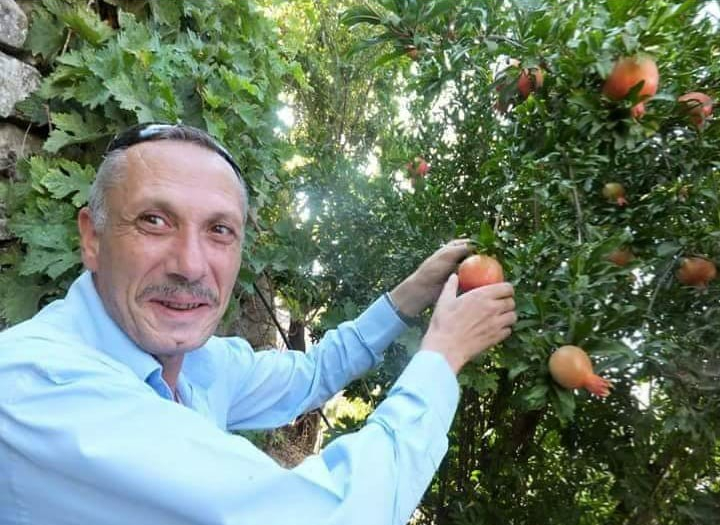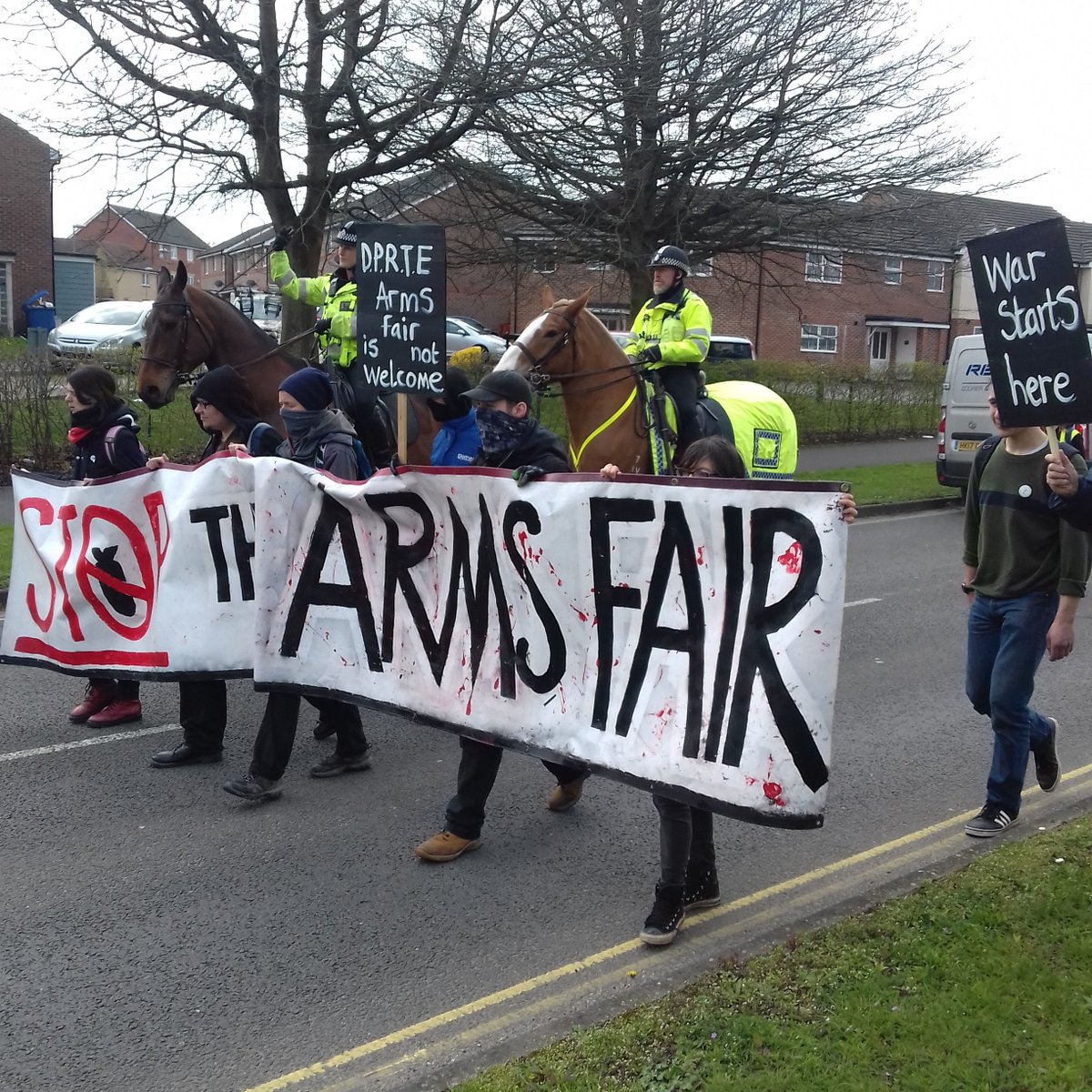By Tom Anderson & Therezia Cooper
Palestinians have called for international action on 17 April 2013 in solidarity with Palestinian prisoners held in Israeli jails. Corporate Watch has been investigating the companies involved in the Israeli prison system and this article is part of a series of articles and interviews which will be released over the coming weeks focusing on companies providing equipment and services to Israeli jails.
In January and February 2013 Corporate Watch interviewed a number of ex-prisoners with the aim of highlighting the conditions for Palestine’s political prisoners in Israel’s jails, and allowing their personal stories to be heard. This is the testimony of Ghada, a 22 year old woman from Ramla who lives in Ramallah. At the time of her arrest Ghada had been active in student organising and in prisoner solidarity work.
Ghada was arrested in the West Bank under military law but transferred to prisons inside Israel. The transfer of Palestinian prisoners from Gaza and the West Bank inside the 1948 borders of Israel is in breach of the Geneva Conventions. For more information see here.
While in prison she was interrogated about her involvement with proscribed groups, in this case groups deemed to have ties with the Popular Front for the Liberation of Palestine (PFLP). The Israeli military has declared hundreds of organisations illegal including every Palestinian political party, every student body, sports clubs, charity organizations and women centres.
Any association with any of the unlawful organizations is deemed an offence, charges arising may include, for example, being a member of the organization, giving service to the organization, having a position in the organization or donating money to the organization. A list of military orders proscribing Palestinian organisations can be found here.
As Corporate Watch has previously reported, international companies such as Samsung, Canon and Motorola provide equipment used in Israeli prisons while G4S signed a contract in 2007 to provide services to all prisons within the Israeli Prison ‘Service’.
House invasion and arrest
Ghada was arrested on 26 March 2012. The soldiers came to her house in Ramallah at 1.30am. Her parents woke up because of a noise and found them inside the house, they didn’t knock on the door, simply broke in.
When Ghada opened the door the soldiers immediately asked her for a phone that they were looking for. She said that she no longer had it, she was told that if she did not give them the phone they were after they “would make a mess of the house”.
They entered the house and headed for her room, where they turned everything upside down and confiscated some phones, USB sticks and her laptop. They also took away some papers and pictures of her friends at university. They would not tell either her or her parents why they wanted the phone or why they were arresting her. She was held by the army in her house for two hours. At first the soldiers refused to let her change out of her night clothes or go to the bathroom but eventually she was allowed to go, accompanied by a female soldier.
After two hours she was led downstairs, where three or four jeeps were waiting, dragged into one of the jeeps and driven away. She was blindfolded handcuffed and her legs were put in shackles. After a while they stopped and she was transferred to another jeep. As she was blindfolded she could not see where they were. This happened three times. Eventually, they arrived at their destination which was an interrogation centre in Ashkelon, inside Israel.
Detention and interrogation
Once inside the detention facility, Ghada was asked if she had any diseases and scanned with a metal detector before she was taken to an isolation cell. They also tried to strip-search her but she refused. She had been wearing a blindfold since she left Ramallah.
After about two hours in the cell Ghada was taken away for investigation and was interrogated for four hours. During the interrogations it became clear that she had been arrested for her involvement with a prisoner solidarity Facebook page called ‘Freedom Voice’. Ghada was one of the administrators of the page which collated media reports about Palestinian prisoners. She had also been a volunteer for the Palestinian prisoner support and human rights NGO Addameer. The interrogators said that she was accused of planning for military action against Israel and for supporting and updating of news about prisoners.
“They asked me a lot about the prisoner Facebook page and other people involved in the administration of it”, Ghada said. “They wanted me to tell them things about the other people and create connections between us. They had already arrested two people before me. But all we did was spreading news about prisoners”.
“They accused us of planning military action against Israel – accused us of dealing with illegal organisations and that illegal organisations were helping us.”
For the next 15 days they interrogated her for ten hours a day in chunks. When she was not being interrogated she was kept alone in the cell. On each occasion she was blindfolded until they put her on the chair in the interrogation room. There were four main interrogators. She was there for a total of 26 days.
“They used a lot of emotional pressure during the interrogations”, Ghada said, “like “your mum must be crying now, you’ll stay here forever” and threats like “It only takes one phone call for us to get you here. We can take you anytime”.
They asked a lot about my family. Once they mentioned my brother’s birthday and how they had to make the interrogations quicker so that I would talk and be able to see my brother on his birthday. I felt like this was intended to make me feel guilty about my family and make me talk. The interrogations were hard but the hardest thing is to be in the cell. If you are strong enough you will cope with the investigation, but it is hard to be alone in the cell. I was not allowed any books, pens or paper.”
During this period Ghada got to see her lawyer every eight to ten days, and her case went to court three or four times but the military prosecutors kept asking for more time. During the hearings the Israeli military prosecutors claimed they had secret files on her that they could not share, and that a student group she worked with was connected to the PFLP. She said she was not a member of any political party. In the end the only charge was for selling educational books through the group at the university.
Ghada was transferred, during her imprisonment, to HaSharon prison, South of Haifa. She was imprisoned alongside Israelis serving sentences for criminal offences in the Israeli civilian legal system. The ordinary prisoners wore orange prison fatigues whereas the Palestinian prisoners, who had been arrested in occupied territory and were being processed under military rather than civilian law, wore brown.
The last few hearings took place in Ofer military court in the West Bank. This at least gave her the comfort of her family being able to attend, something they could not do when the hearings took place inside Israel. However, even in Ofer they always put her family in the last line and had a soldier standing in her line of vision so that they could not see each other.
The journey to Ofer from Ashkelon took several hours. Ghada was transported by military jeep, shackled and handcuffed. Often she arrived too early and was left like this for hours, in the jeep waiting outside the court.
In the end the judge ruled that she should be released as she had been in solitary confinement for ten days without further investigation. She had to pay 7000 NIS bail and for two months she had bail conditions which meant she had to go and report to Beit El settlement every Sunday. When they finally relaxed the conditions they kept half of her bail money as a fine.
Prison conditions
Like other prisoners Corporate Watch has interviewed, Ghada reported bad food being served in the prisons with the portions being too small to sustain the prisoners. When she was kept in Ofer prison during her last week of detention, her cell was really dirty, and the air conditioning was on 24 hours a day despite the weather being cold outside, making the cells freezing. They were not turned off despite repeated requests. During the night the psychological torture continued with guards knocking on her cell door to ‘check if she was ok’ up to every half hour, making it impossible for her to get unbroken sleep.
Ghada supports the boycott, divestment and sanctions campaign against Israel, and wants solidarity activists from around the world to join the campaign against G4S and its services to the Israeli prison system.



1 Comment
Myra Davis · 24th April 2013 at 9:03 pm
I have read Ghada’s story with grief and anger for the barbarity of her arrest and treatment and with respect for her courage and her survival under interrogation and all those dark days in a solitary cell. Ghada’s
“crime” was to draw attention to the condition of Palestinian men, women and children imprisoned in Israeli gaols. I hope her humanitarian concerns and her suffering will be heeded and acted upon.